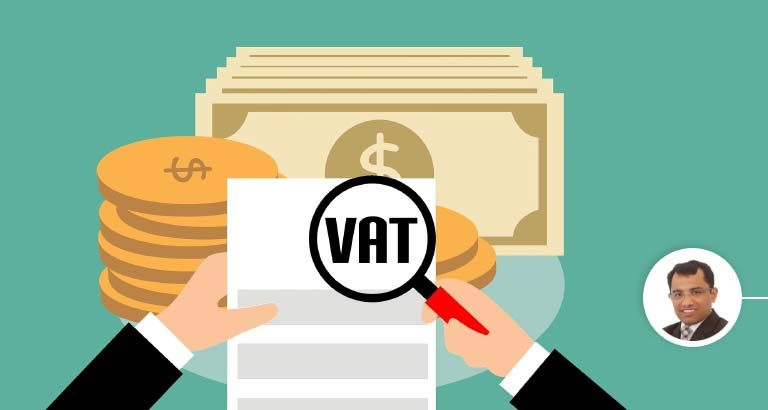
To ensure smooth implementation, Bahrain’s value-added tax (VAT) law has set registration deadlines for businesses based on their turnover. The VAT registration process has been set in three stages.
The first deadline, which ended on December 20, 2018, was for companies with a turnover of more than BD 5 million for the past 12 months. They are already collecting VAT and paying the same to tax authorities beginning January 1, 2019, when the law has formally taken effect.
The second deadline, which expired on June 20, 2019, was for firms with a turnover of more than BD 500,000 but less than BD 5 million. They have begun collecting VAT beginning July 1, 2019.
The final deadline is for the micro, small, and medium enterprises with a turnover of less than BD 500,000 for the past 12 months. They should be registered by December 20, 2019 and are expected to collect VAT starting January 1, 2020.
The threshold for VAT registration is a turnover of BD 37,500 for the past 12 months or expected turnover in coming 12 months.
Businesses that are not covered by the criteria are given the option to register voluntarily. Furthermore, if their expected turnover for the next 12 months is more than BD 18,750, then they can also register voluntarily.
Companies that fail to register for VAT will have to pay BD 10,000 as a penalty. Those that fail to register within 60 days after their respective deadlines have lapsed will face three to five years of imprisonment. It is important to comply with the law to avoid any hassle.
Meanwhile, as a VAT-registered business, how do you deal with unregistered firms?
It has been observed that many registered persons are confused about whether they can deal with unregistered persons or not. Unregistered persons can be a supplier as well as a customer. He explained that, as a registered entity, it is your responsibility to charge VAT on specific transactions whether the customer is registered or not.
Additionally, there is nothing wrong if you buy products from unregistered persons. Afterall, they are supposed to be registered before their due dates and they are also expected to charge VAT on your transactions once they are registered.
If they don’t charge VAT, you can assume that they are unregistered. In such a case, you cannot claim any input credit from the government since you are not paying VAT to your suppliers.
In short, if you are registered, you should charge VAT whether the customer is registered or not. If the supplier is charging VAT, you can claim input credit provided that all other conditions of the law to claim input credit are met.
In addition, VAT registration of multiple branches of a business establishment that are managed by different investors is also important to be considered. Since the branches are managed by different investors/people, they are not connected and no proper coordination to consolidate the transactions. Nonetheless, branches cannot be registered separately because they are considered part of the main license.
The main company has to be registered, with its branches collecting all the needed information and transaction details. The branches are responsible for compiling the data and filing the tax return along with the main company.
It is noticed that since every branch is doing its business independently, it may not submit the required data on time to the head office. If any of the branches miss their deadlines, the main company will be held liable for non-compliance. To avoid this, business owners should make sure that they regularly collect the needed information and properly file their tax returns to authorities on time. Any business done by the branches under the main company’s control should be reported properly to avoid paying the huge penalties and facing serious consequences.
CA Manu Nair, as a part of Tally’s VAT knowledge series ‘Let’s Talk VAT’



